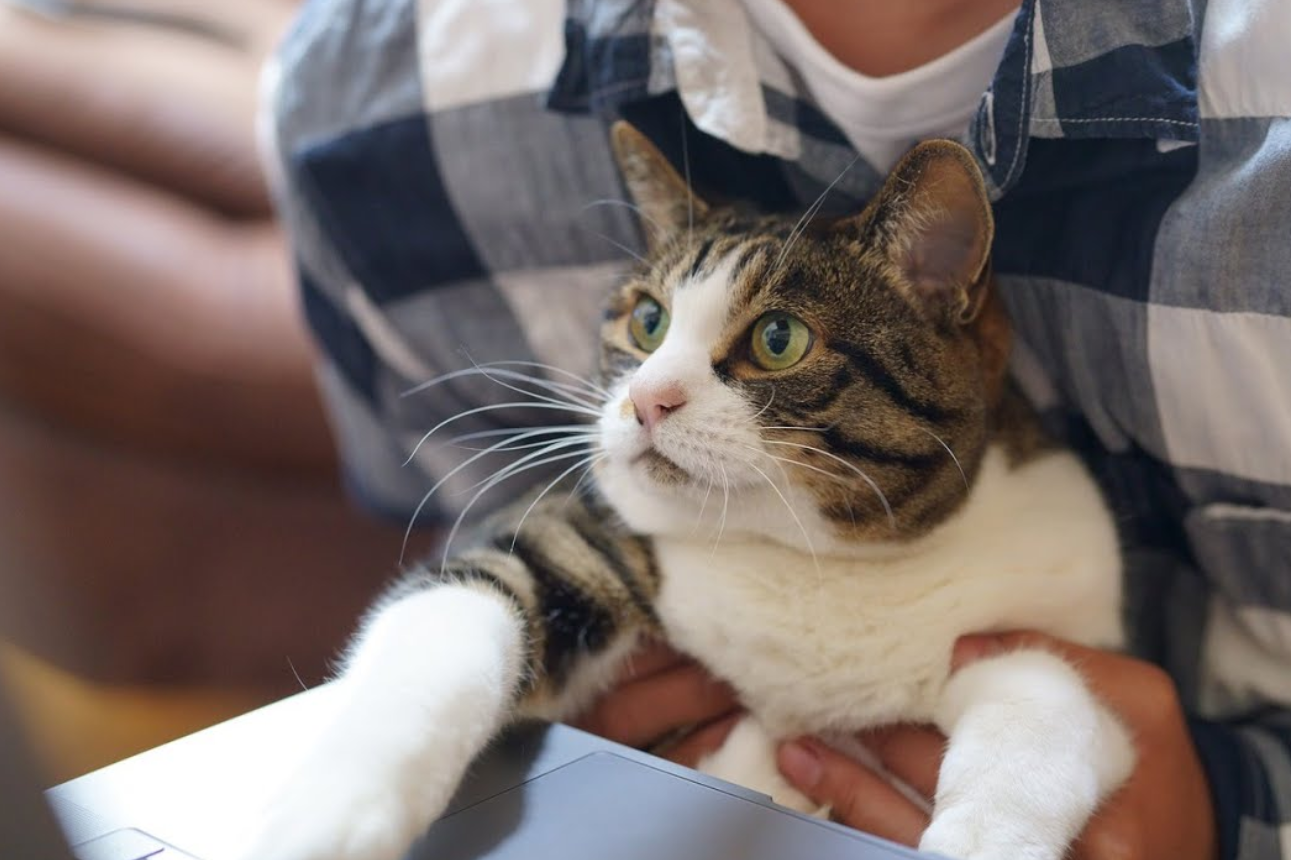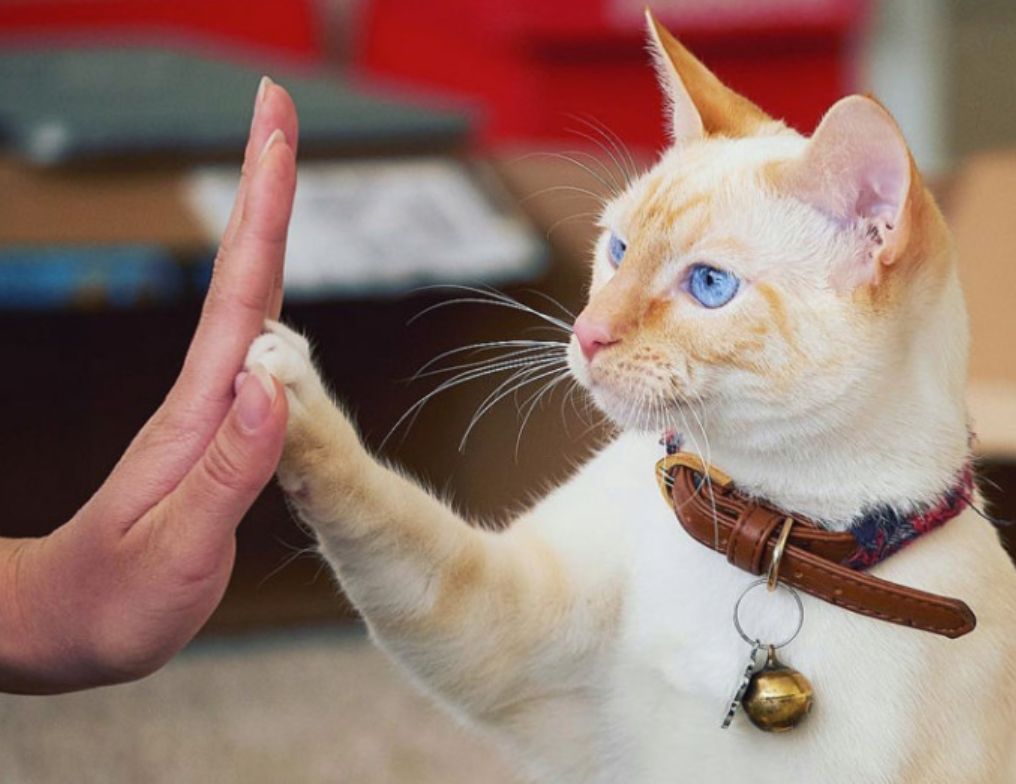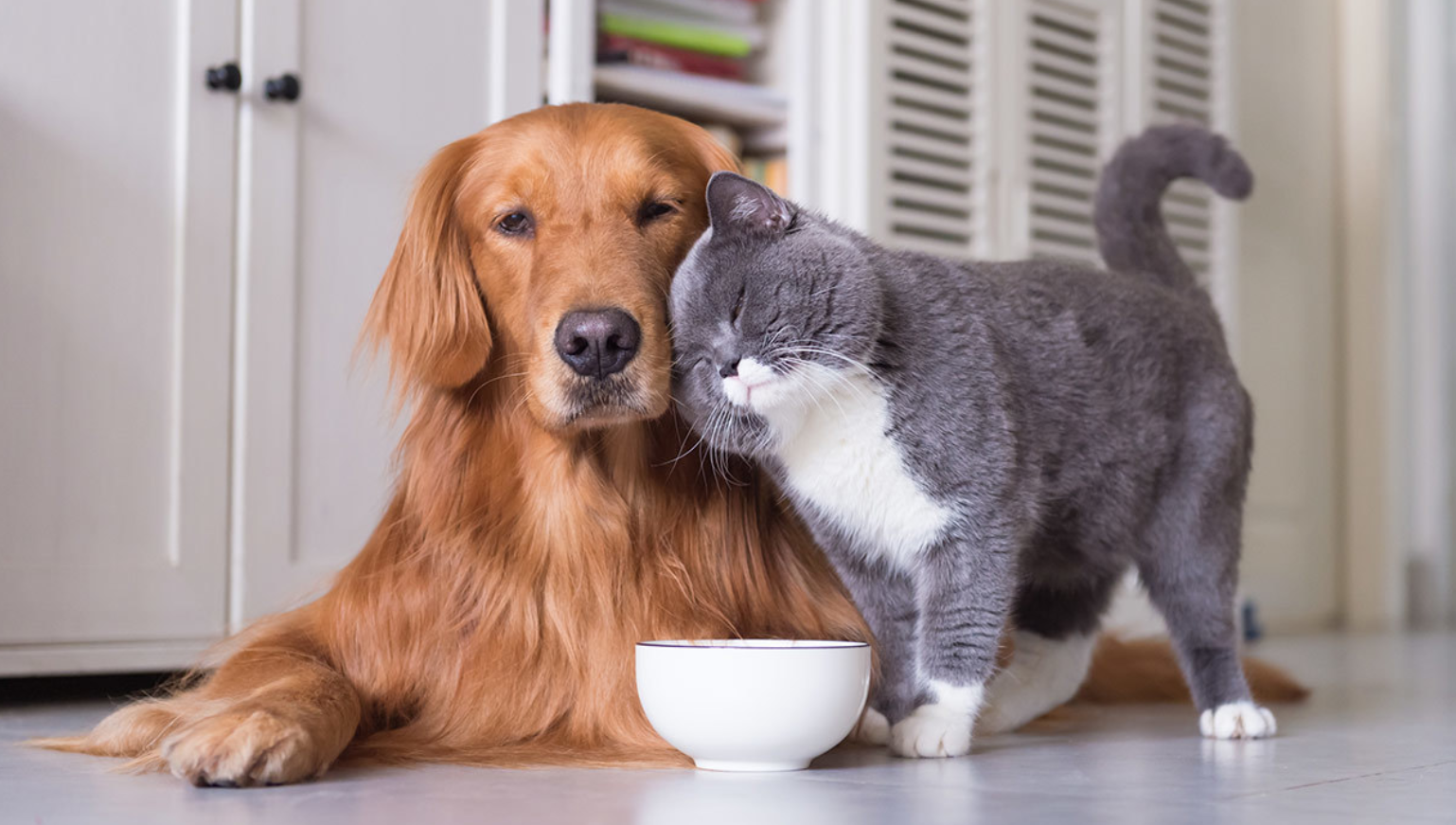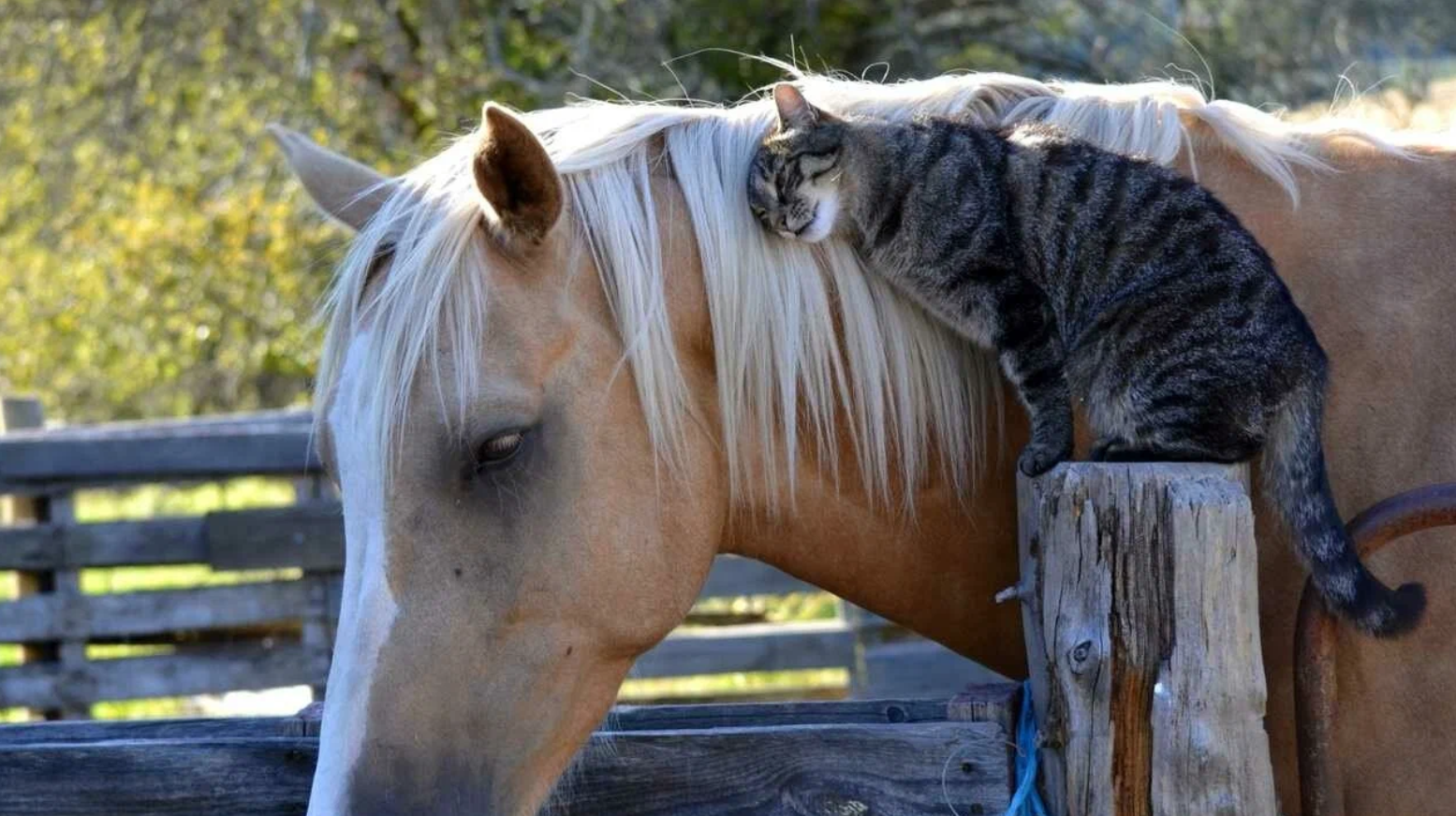Considering a New Cat? Maybe a Purebred Is Right for You

If you’re planning to get a new cat, have you thought about choosing a purebred? There are many breeds available, each with unique characteristics in terms of appearance, personality, and history. It’s important to think carefully about what traits you’d like in your new feline companion. If you’re open to something a little different, consider the following breed:
The Munchkin
When you picture a Munchkin cat, think of a feline with a body resembling that of a dachshund—long, low to the ground, and supported by short legs. This relatively new breed first gained recognition in 1983. It all began when schoolteacher Sandra Hochenedel rescued a black cat named Blackberry from a group of dogs. Blackberry had unusually short legs, and after becoming pregnant, she passed this unique trait to her kittens. One of her sons, Toulouse, remained unneutered and went on to father many short-legged kittens in the area. Interestingly, Toulouse and his offspring had no trouble attracting mates, even among regular tomcats.
In 1990, researchers conducted a genetic study on these short-legged cats. They discovered that a single copy of the gene responsible for the trait could produce more short-legged kittens. Veterinarians also examined the cats’ spines, since their body structure raised concerns about potential health issues similar to those seen in dachshunds. At the time, the exams revealed no problems, though experts recommended further research due to the small sample size.
The Unique Sphynx: A Hairless Cat with a Big Personality

If you’ve ever wondered what a cat would look like without fur, the Sphynx might be the answer. This fascinating breed is nearly hairless, with skin that produces sebaceous oils typically transferred to the fur in other cats. Because of this, Sphynx cats require regular cleaning to remove these oils and prevent skin infections.
The breed’s origins date back to 1975 when a spontaneous mutation occurred in a litter of shorthaired cats. Among the kittens was one hairless cat, named Epidermis. The following year, another hairless kitten, a male named Dermis, was born. When breeders crossed Epidermis with a normal shorthaired cat, the offspring all had fur. However, when they crossed Epidermis with one of her sons, three hairless kittens were born. They discovered that the hairless trait is recessive, meaning both parents must carry the gene for the kittens to be hairless.
People named the breed after the ancient Sphynx monument in Egypt. Sphynx cats show devotion and loyalty, often forming strong bonds with their owners. They love attention and will happily purr when their favorite person is nearby. These cats are also highly athletic, enjoying activities like jumping to high places or even hanging upside down from climbing trees. Despite their lively personalities, Sphynx cats dislike being left alone. Having another cat companion can help keep them entertained and content when you’re away.
While these unusual cats might not appeal to everyone, their striking appearance and playful, affectionate nature may be exactly what you’re looking for in a new pet.

1. Distinctive Features
- Hairless Appearance: The Sphynx stands out for its lack of a fur coat, boasting a smooth, warm skin that sets it apart from other breeds.
- Skin Maintenance: Without fur to absorb natural oils, their skin requires routine cleaning to prevent buildup and potential infections. Owners often bathe them or use gentle wipes for maintenance.
- Naturally Warm: Despite their hairlessness, these cats feel warm due to their bodies generating extra heat as compensation.
2. Genetic Origins
- Accidental Mutation: The breed traces back to 1975, when a genetic mutation produced the first hairless kittens, named Epidermis and Dermis.
- Recessive Gene Discovery: The hairless trait proved to be recessive, requiring both parents to carry the gene for offspring to inherit the characteristic.
- Breeding Evolution: Breeders refined the Sphynx by crossing these unique cats with shorthaired breeds, selecting hairless offspring to establish the line.
3. Personality and Behavior

- Devoted Companions: Known for their affectionate nature, Sphynx cats build deep bonds with their owners and thrive on attention.
- Playful and Energetic: These cats are active and athletic, enjoying climbing, leaping, and displaying impressive acrobatic skills.
- Social Creatures: They dislike solitude and are happiest with a companion, be it another pet or a dedicated human.
4. Cultural Significance
- Name Inspiration: Drawing from the iconic Egyptian Sphinx, the breed’s name reflects its exotic and striking aesthetic.
- Eye-Catching Appearance: While their look isn’t for everyone, Sphynx cats have a unique charm that appeals to many enthusiasts.
5. Considerations for Owners
- Skin Care Commitment: Prospective owners should prepare to invest time in caring for their pet’s skin to keep it healthy.
- Companionship Needs: Their social nature means they do best in homes where someone is often present, or where they can enjoy the company of another pet



